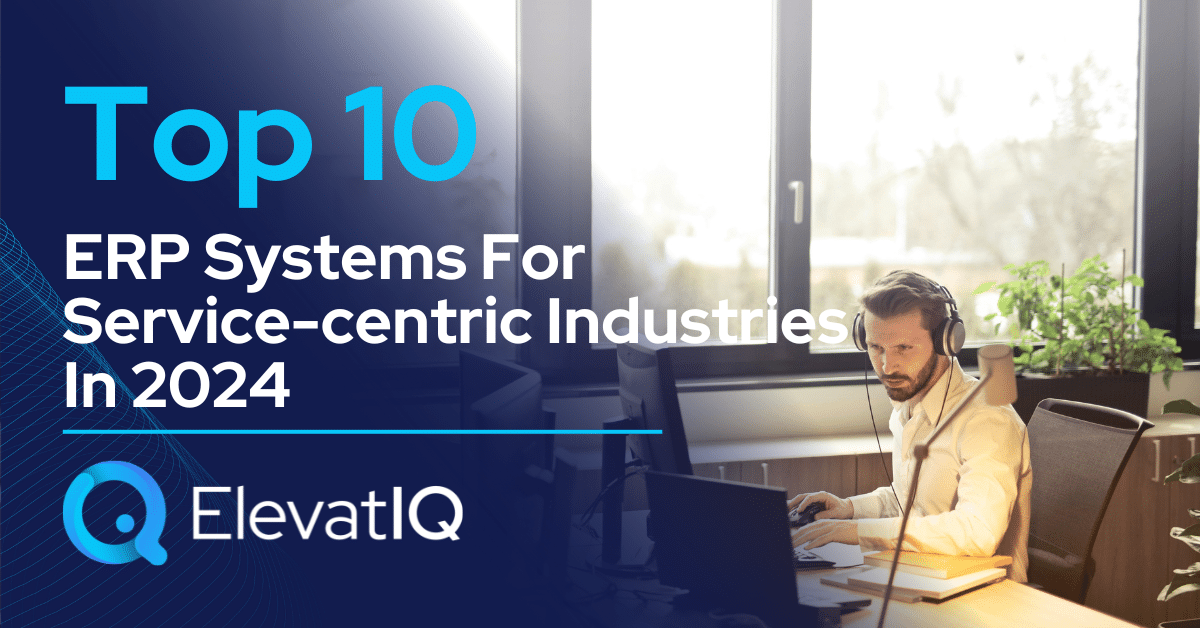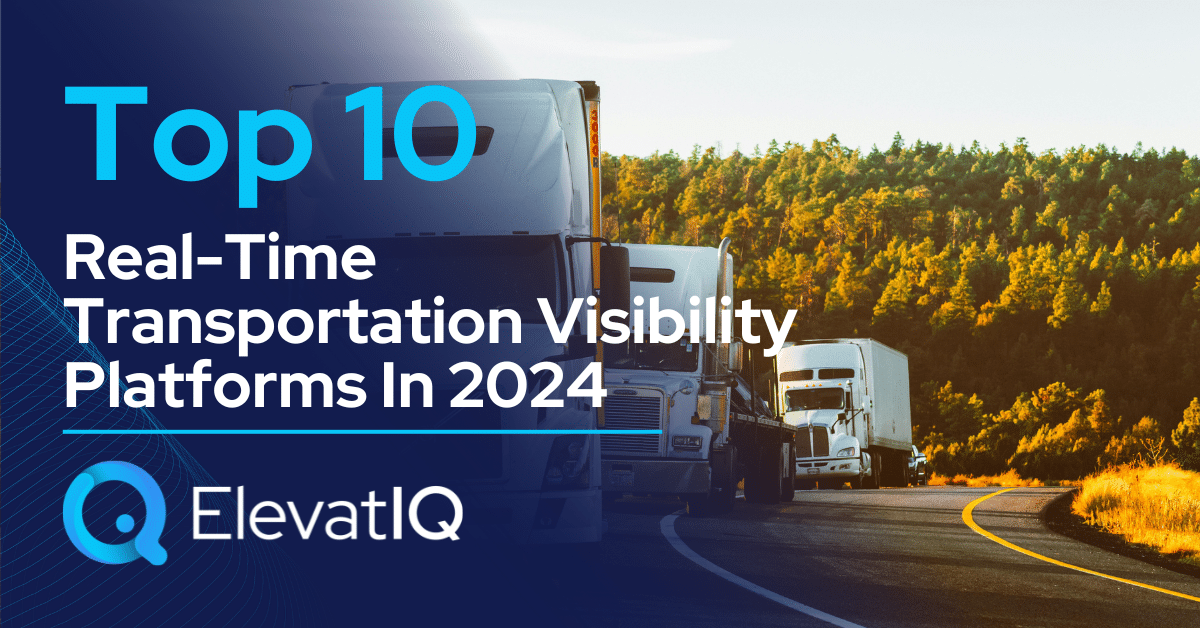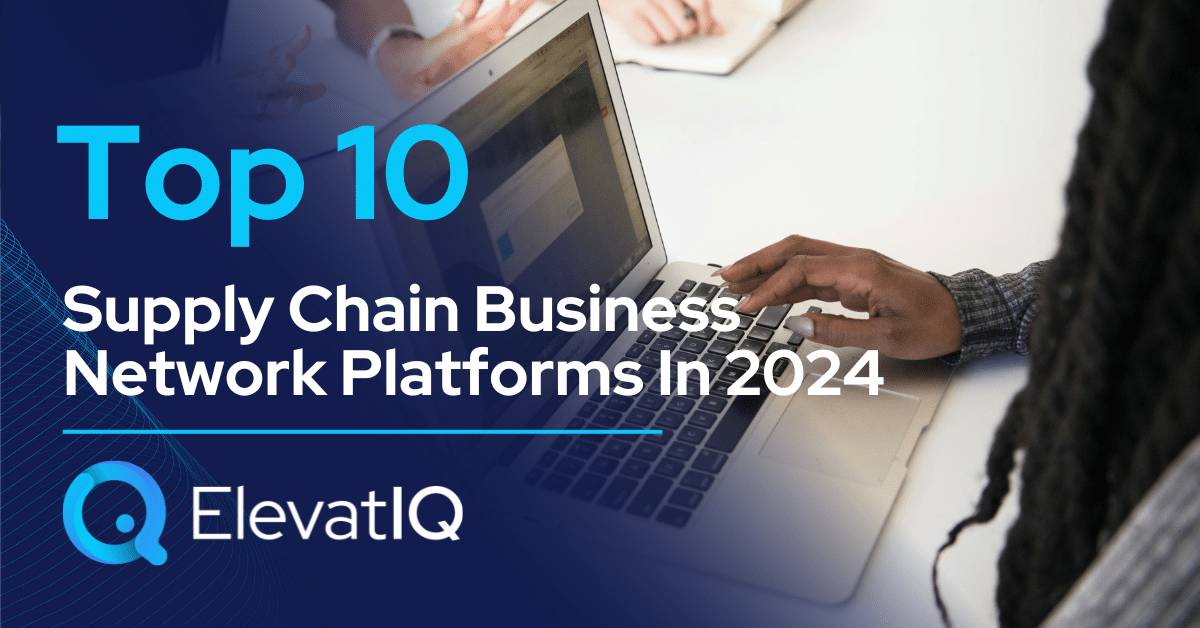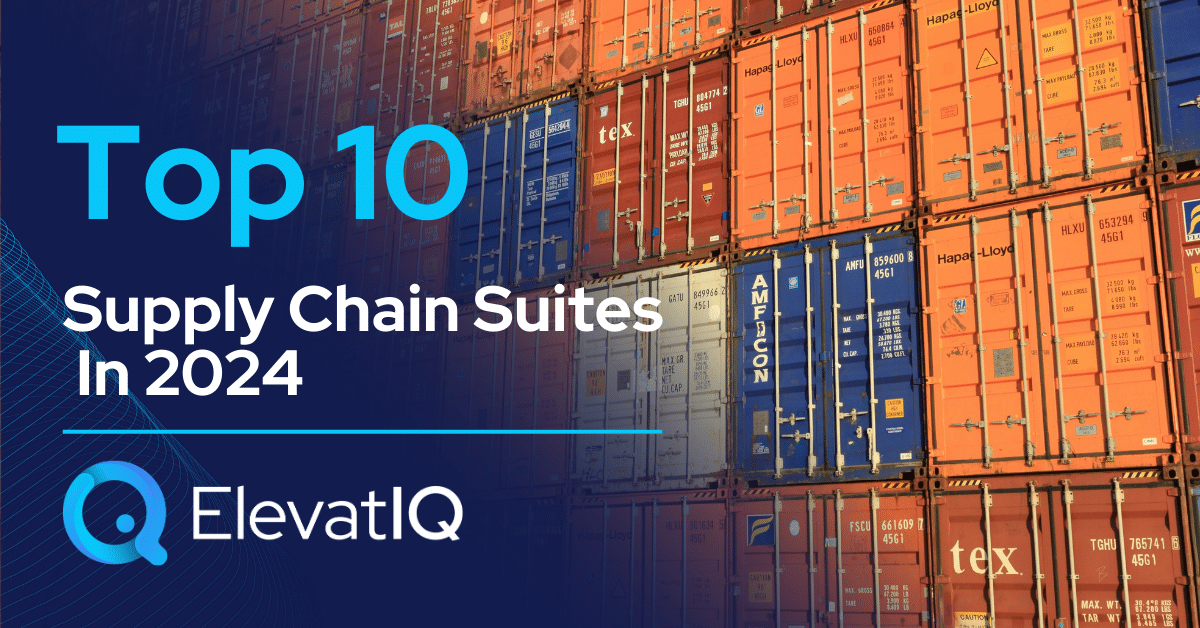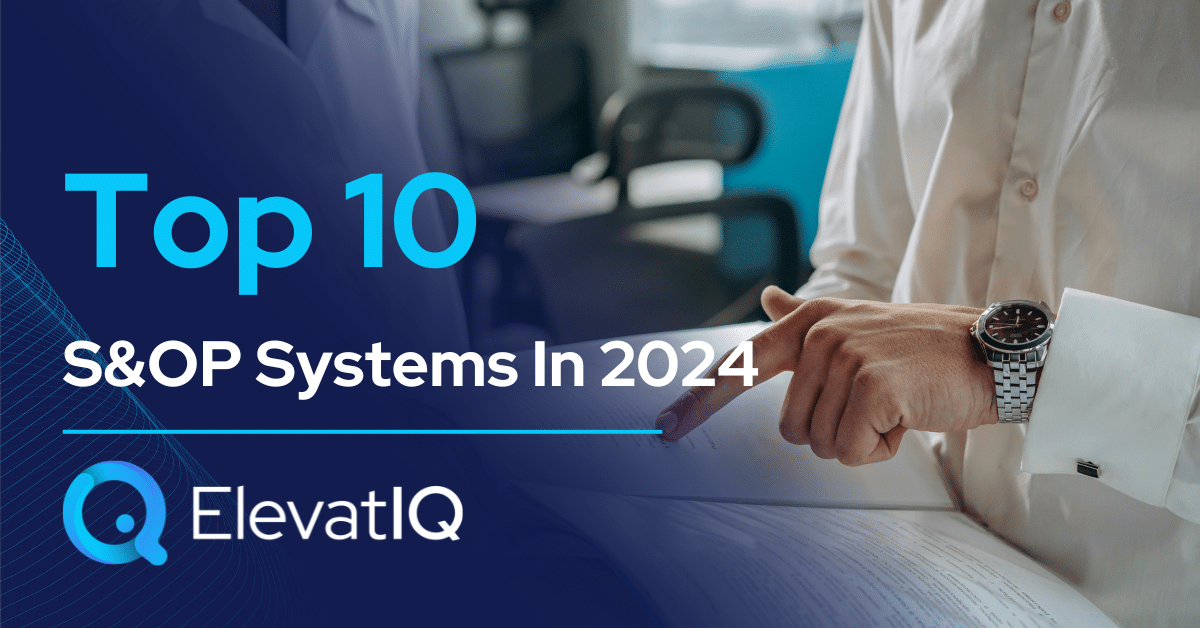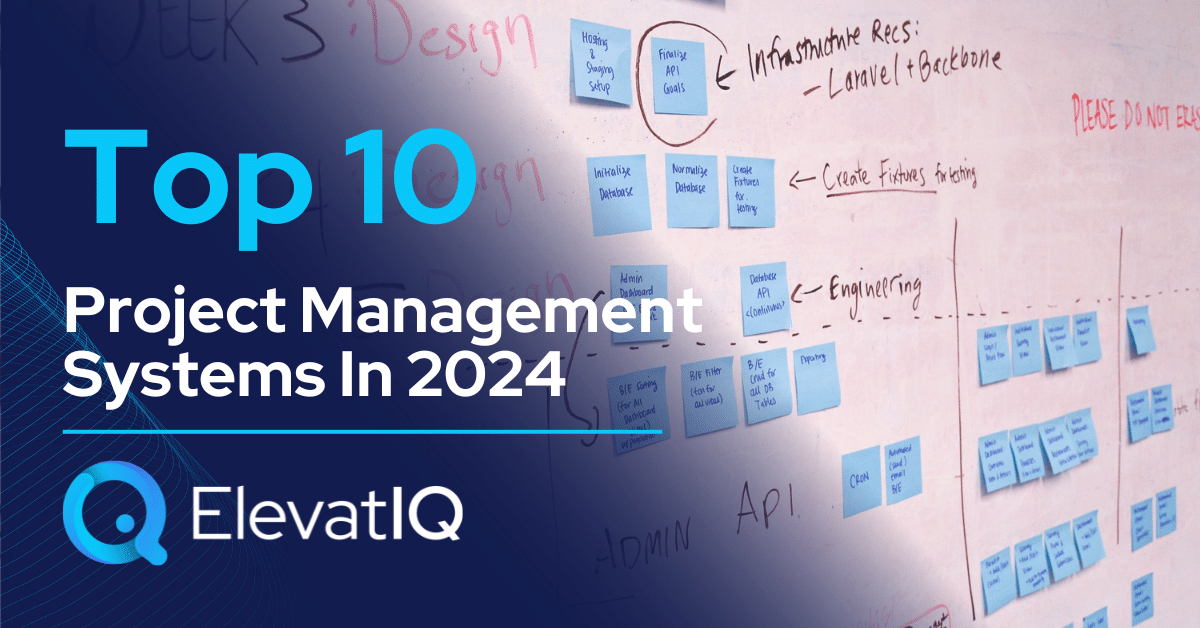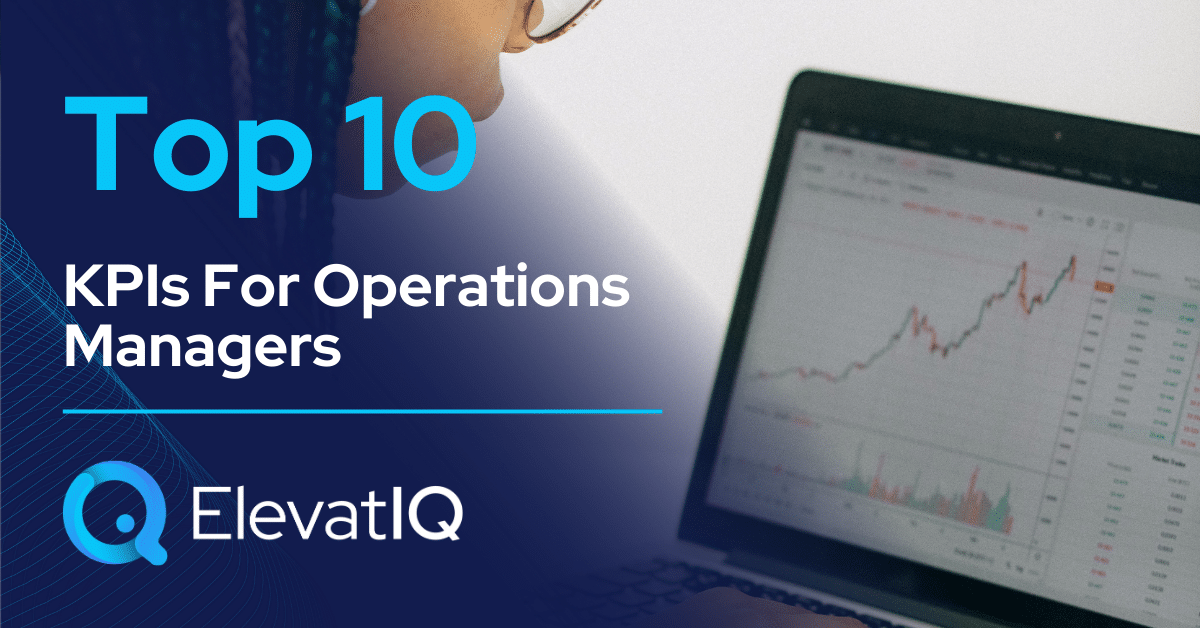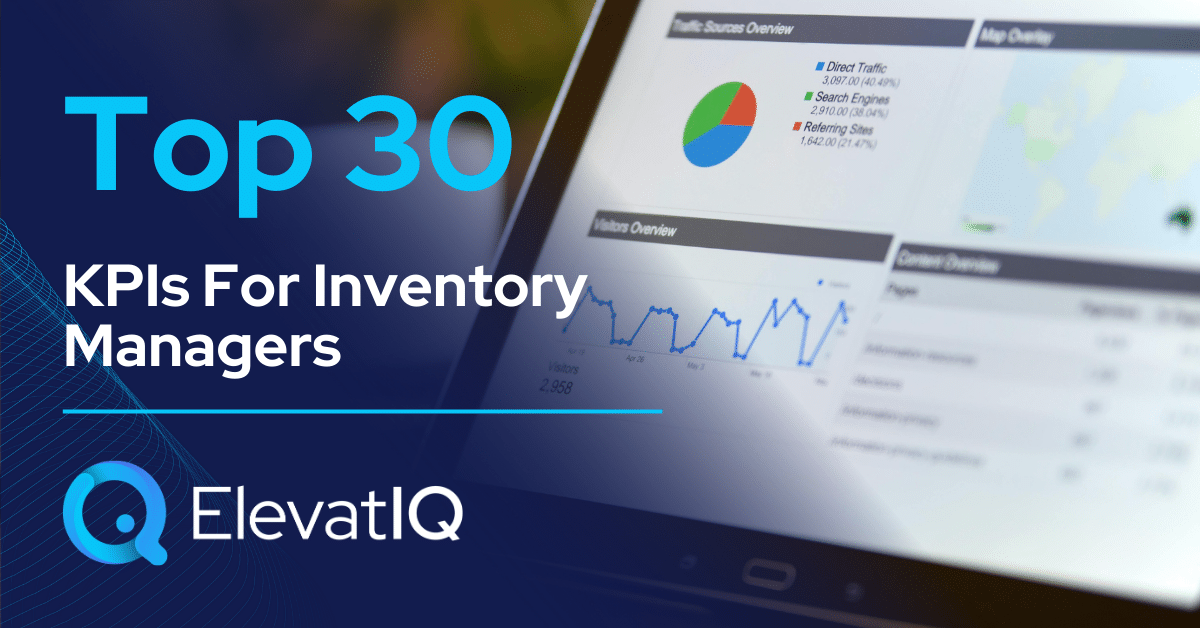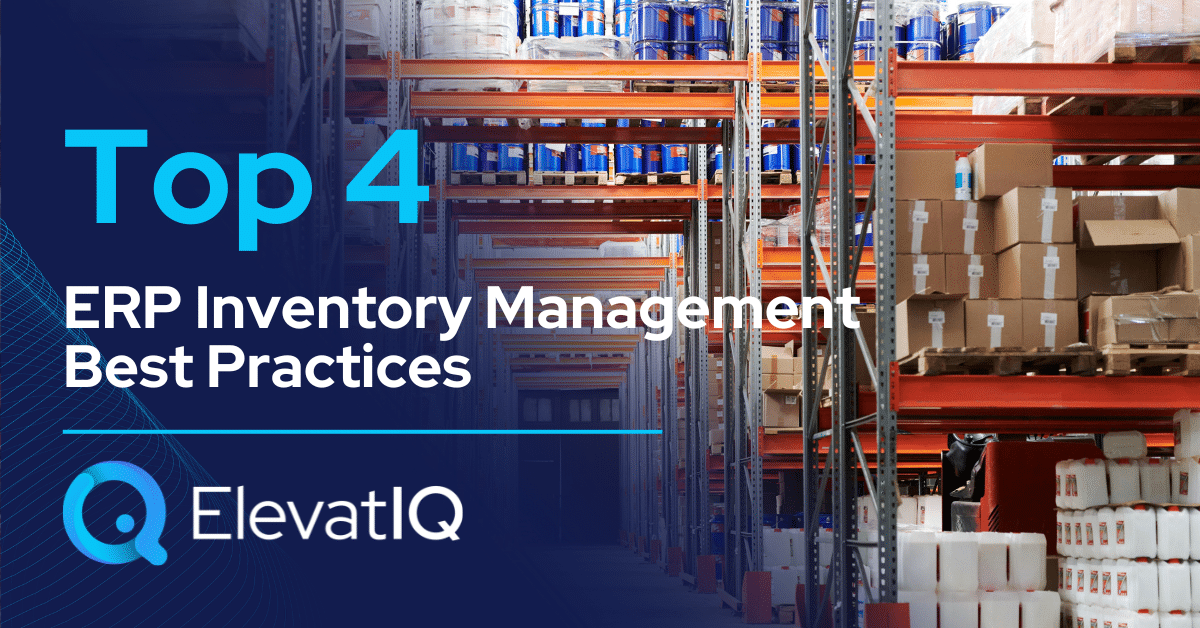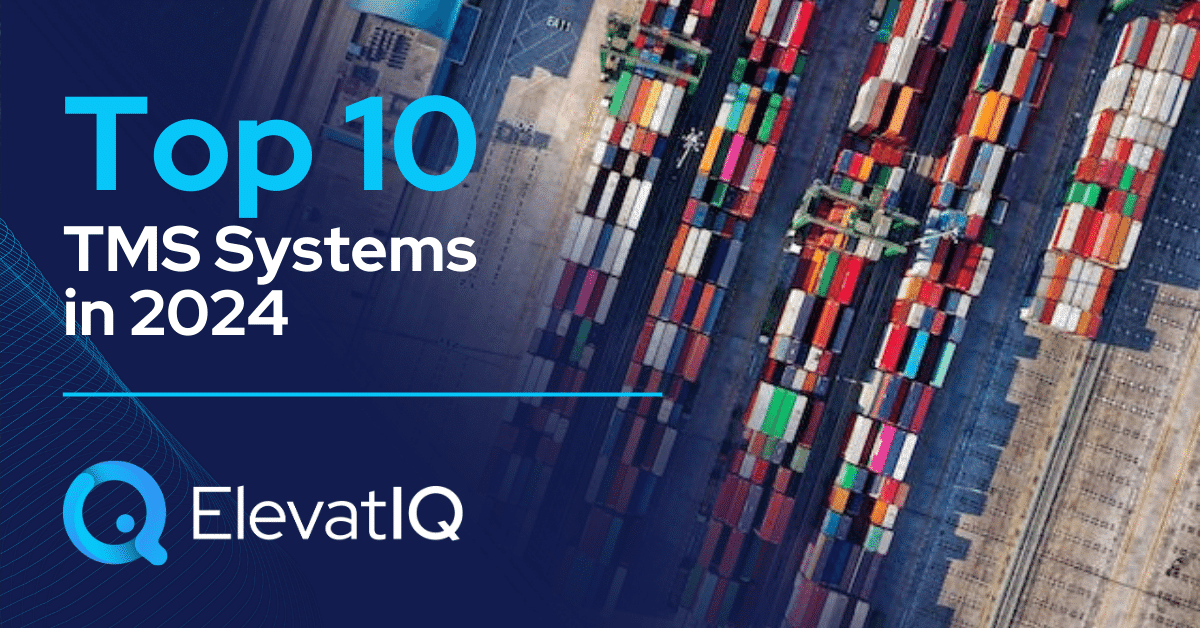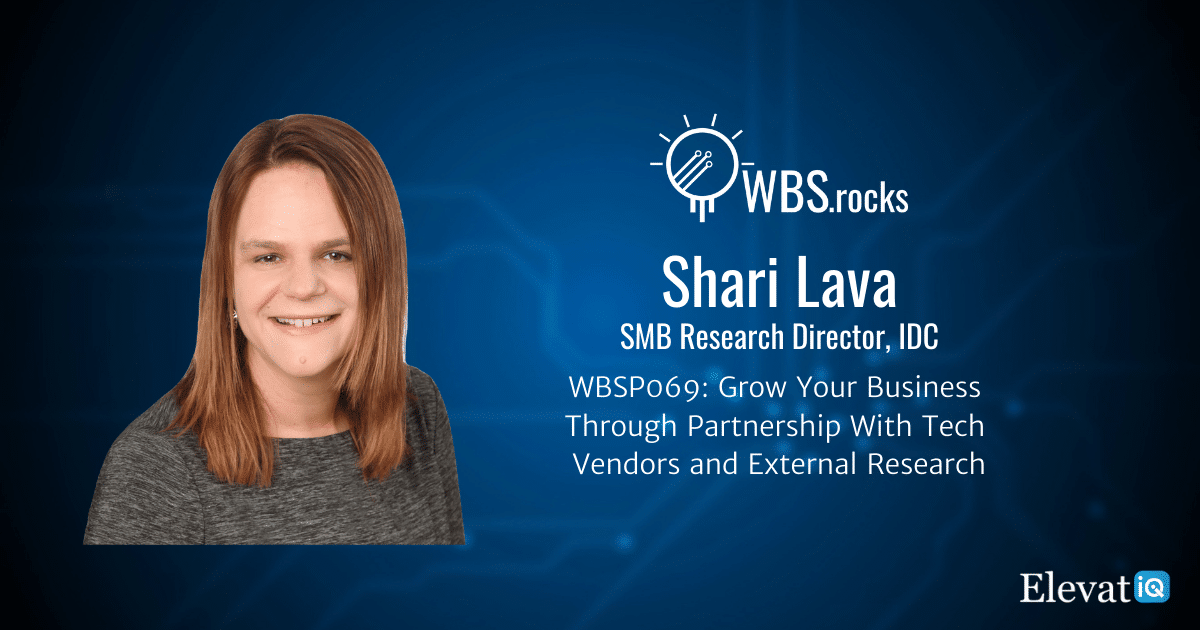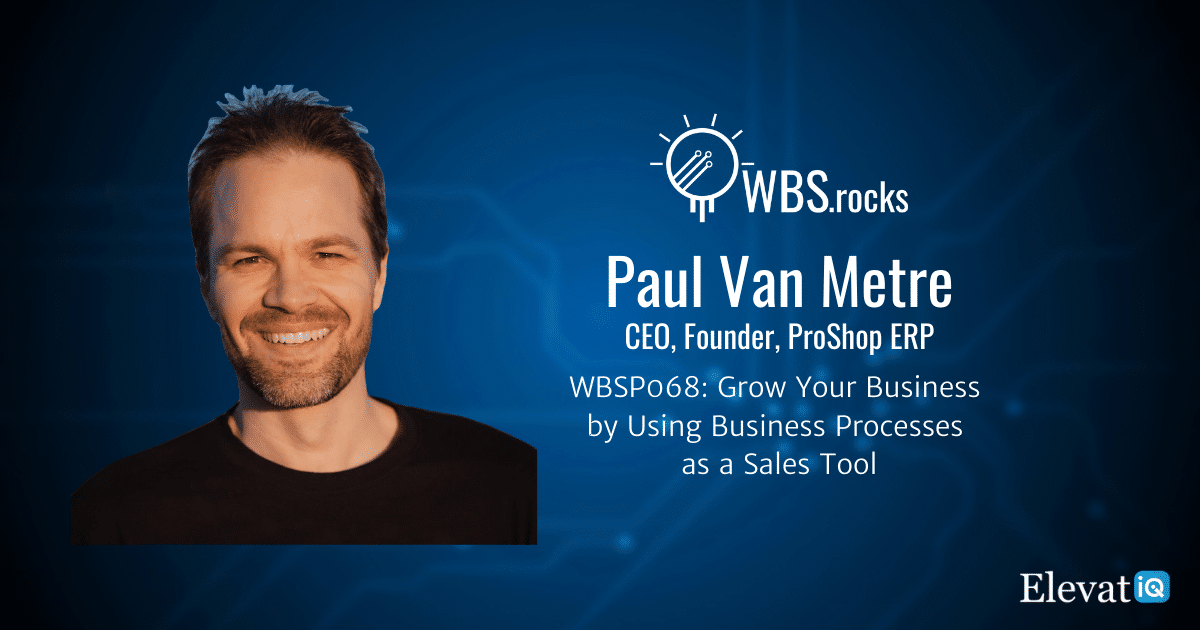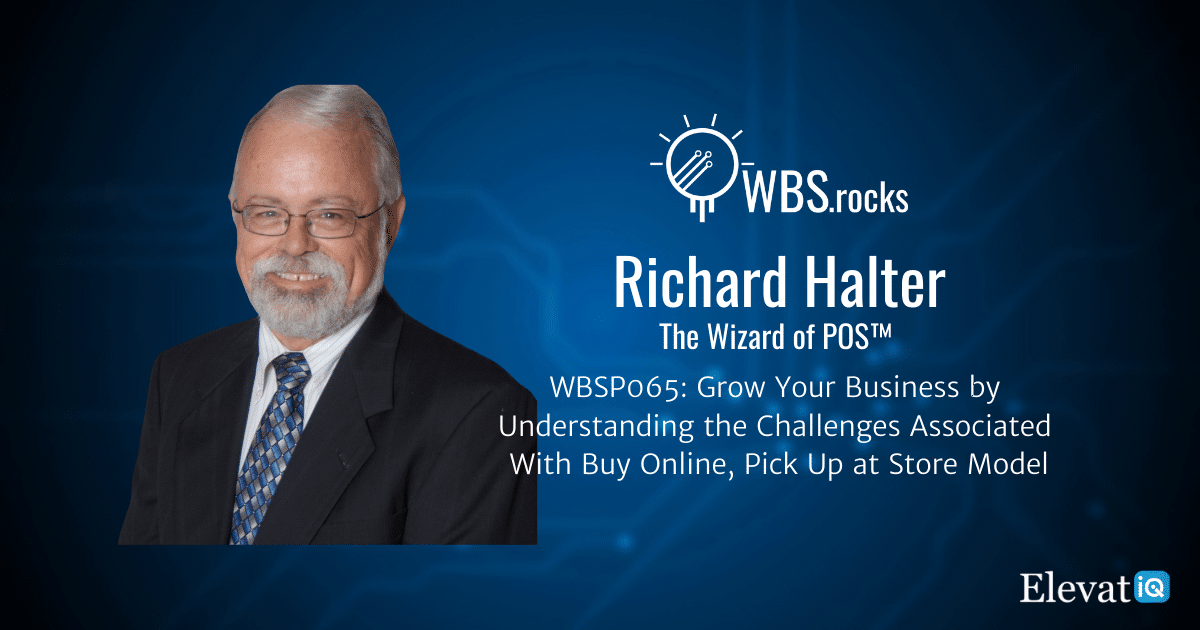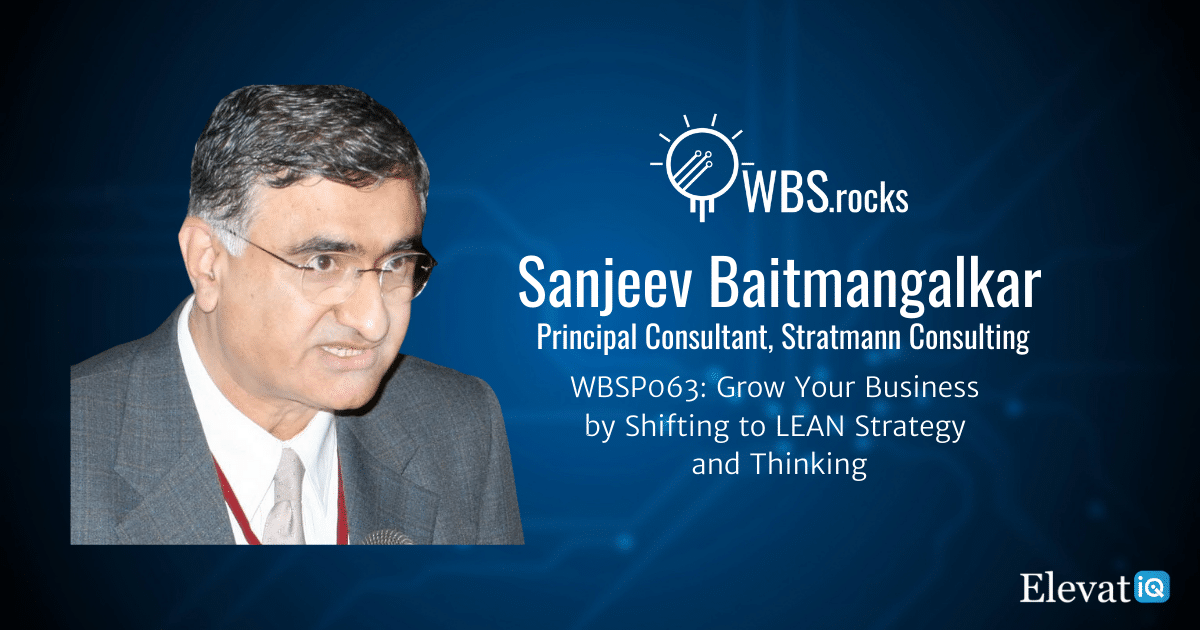Boosting Distributors’ Digital IQ
Through ERP, eCommerce, WMS, and TMS Implementation, Digital Process Roadmap, and Supply Chain and Customer Experience Transformation
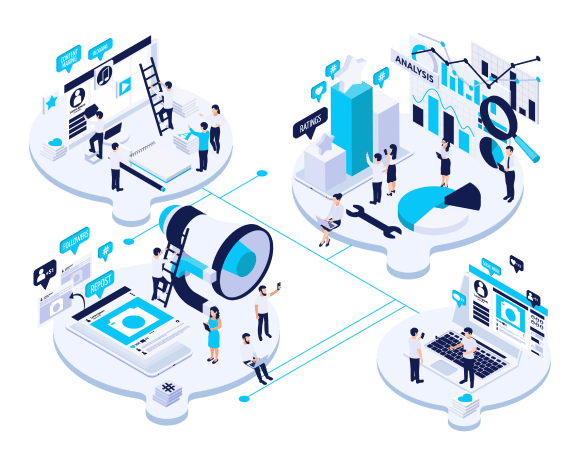
We Help Distributors Like You
With The Following Challenges
ElevatIQ consultants have deep expertise in implementing ERP, WMS, TMS, and eCommerce systems for several distribution sub-sectors. This specific expertise reduces your digital transformation project’s time and costs, as we don’t need training on your industry and business processes. We already understand particular processes for your micro-industry.
Inefficiencies Due to Lack of Inventory Tracking
If you are running your processes manually or through disconnected systems, you will struggle to track your inventory, which results in inventory losses, missing opportunities due to product shortages, or meeting customer expectations with delivery.
Inability to Grow Without Integration With Your Customers and Suppliers
If you are selling to a big retailer or an OEM, they will not work with you unless you have the capabilities to integrate with their systems. If your suppliers are equally larger, they might not do business with you if your processes are manual.
Losses Due to Lack of Supplier Quality Management
Not all suppliers could be equally trustworthy. You need quality management processes while receiving the suppliers’ products to take appropriate corrective action for the material. These manual quality processes will slow down your procurement processes and may lead to financial losses.
No Real-Time Insight Due to Disconnected Processes
If your processes are currently manual or use siloed systems, you will be spending a significant amount of time resolving discrepancies. You will plan based on inaccurate data, and the information can’t be real-time.
Inability to Penetrate D2C (Direct-to-Consumer) Channel
You may have been thinking of going direct to end customers and perhaps already developing an e-commerce channel. However, to provide the same service levels as your retailers, you need your e-commerce processes to be completely integrated with your distribution ERP system.
Inability to Expand Newer Channels
With the rise of trends such as vending machines on the shop floors and retail locations, your manufacturer and retailer customers would want you to provide inventory in the JIT fashion on their premises without locking their cash. Managing a large number of vending machines is hard without an integrated ERP system.
Control Issues Due to Disconnected Sites
Without a global distribution ERP system that supports a multi-entity organization’s operations, your disconnected locations or warehouses might prevent you from getting a centralized view of your customers, vendors, and inventory.
Inefficient Warehouse Processes
Warehouse efficiency drives the competitiveness of distributors. You need to implement efficient picking processes such as batch or wave picking, otherwise your customer lead time is likely to be higher. Without barcode readers, your manual methods will be highly slow and inefficient.
Locked Up Cash With Inefficient Processes
Suppose you don’t have a distribution ERP system that supports advanced distribution processes such as Dropshipping, Consignment Warehouses, and Cross Docking. In that case, you will need to stock inventory levels unnecessarily, which will result in locked up cash in your inventory.
Want to learn more about why independent consultants have a higher success rate with distribution implementations?
Our Case Studies for
Distributors
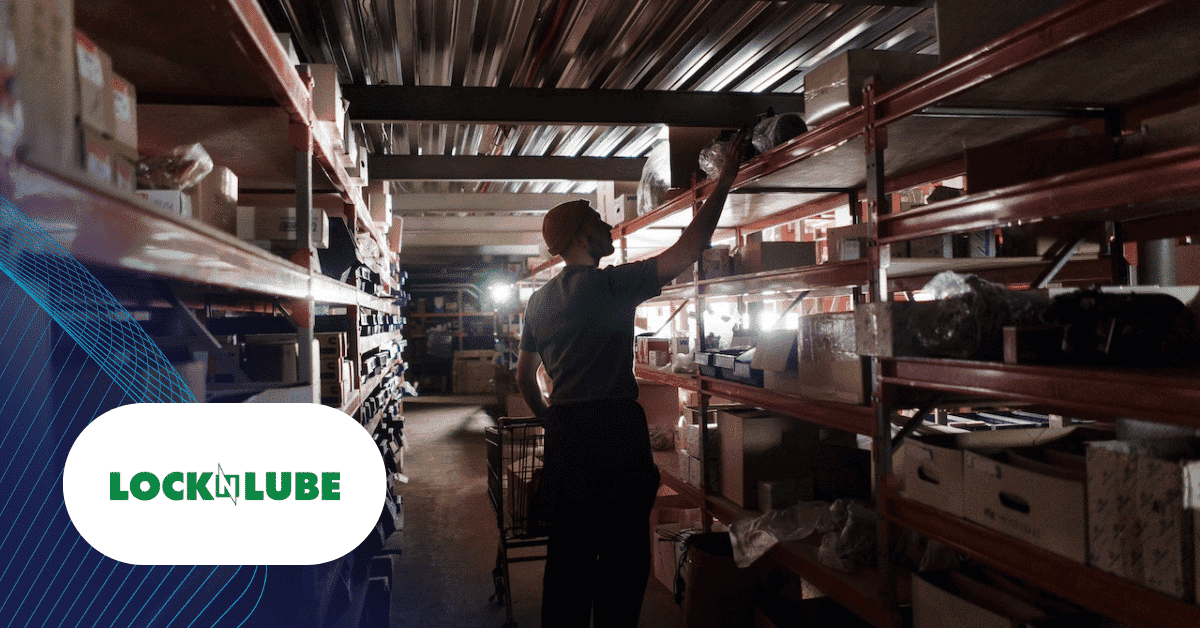
ECommerce Supply Chain Transformation With ERP Selection
Download the eCommerce Supply Chain transformation case study and learn how LockNLube transformed its inventory and supply chain challenges by consolidating over 20 systems. As well as by creating business, process, information, and system architecture as they prepare for the next phase of their growth.

Mergers and Acquisitions ERP Integration Failure Rescue
Download the mergers and acquisitions ERP integration failure Case Study and learn how Pride Sports struggled with Supply Chain and inventory allocation issues, as well as operational disruptions due to poorly planned M&A integration and ERP transformation project.

Omnichannel eCommerce Customer Experience Transformation
Download the omnichannel eCommerce customer experience case study and learn how fashion retailer AKIRA built a digital roadmap and managed stakeholder expectations to transform its processes and systems to explore newer business models such as buy-online-pickup-in-store and curbside pickup.
Check Our Popular YouTube Videos
Manufacturing Playlist
Distributors Enjoy These Benefits
Through Us
By streamlining the process, information, and system architecture, manufacturers enjoy several benefits resulting in financial gains of higher net new sales, retention of existing customers, and higher profit margin.
Superior Customer Experience
By connecting all your processes and streamlining them in one system, you can predictably commit and deliver to your customers. Without manual intervention, your customers will receive consistent experience through automated processes.
Traceability
A modern distribution ERP system will provide you the end-to-end traceability, whether you need a consolidated view of your sales or operations or debug a KPI through the process. You may need this traceability for your internal tracking or regulatory bodies.
Lower Costs
By eliminating manual and inefficient processes, you can lower the costs to produce your products, which will help you with reduced product costs, higher profit margin, and increased sales.
Increased Efficiency
By eliminating manual and inefficient processes, you can lower the costs to produce your products, which will help you with reduced product costs, higher profit margins, and increased sales.
Cash Flow Prediction
Through a modern distribution ERP system, you can plan your inventory and production better, which will help you plan your cash flow better. A distribution ERP system will also ensure due notices to your customers to collect your revenues timely.
Reduced Inventory and Lean Processes
Enabling lean processes is nearly impossible unless you have a distribution ERP system that can support lean processes that you desire to reduce excessive stock levels and optimizing the supply chain processes.
Are you facing these problems as well?
Check Our Popular Distribution Blogs
Our Services For The
Distribution Industry
ElevatIQ services include transformation readiness assessment and vendor-agnostic digital process architecture development; business process re-engineering, documentation, and design; digital roadmap and business case development; enterprise technology selection; requirement, project, and change management; RFP development and contract negotiation; ERP implementation, optimization, and training; and ERP project recovery and expert witness.
Digital Strategy Assessment and Roadmap Development
Our assessment starts with a deeper dive into the current state of your processes, data, systems, pain points, and goals. We use secondary and primary methods to provide an initial roadmap of recommended changes to meet your business goals.
Fractional CIO, Expert Witness, and M&A Advisory
If you don't have an internal CIO, we can act as the interim CIO and advise on most systems and processes. In addition, if you need our help as the expert witness or in an M&A transaction to assess the potential of business technology, we can help.
E-commerce Selection and Implementation
If your goal is to improve the customer experience by implementing a new eCommerce platform or re-platforming your existing one, these services can help. In addition, we can help integrate it into your architecture.
ERP Implementation and System Integration
We have internal capabilities to support the implementation of most major ERP systems. We also help integrate Salesforce, HubSpot, Shopify, BigCommerce, Magento, Amazon, POS, or ERP systems (SAP, NetSuite, Sage).
ERP Selection, Contract Negotiation, and Change Management
These services help identify the suitable systems for your enterprise architecture, uncover technical and financial risks deeply embedded in your contracts, and manage change for your organization.
Business Integration Technology Roadmap
Your acquisition strategy may land into technology silos, limiting the insight available across business processes, customers, and suppliers. Our team can help with technology integration strategy and execution.
Business Process Reengineering and Redesign
These services are applicable in the pre-selection phase to avoid ERP implementation and adoption risks. The goal of these services is to identify your legacy processes and datasets that need to be re-engineered before identifying technologies for your business.
ERP Project Recovery and Optimization
70% of the ERP projects don't deliver business results. And some cause significant disruptions to the business. If you need help recovering the project by analyzing the current implementation and taking interim steps to prevent damages or pivoting strategy, we can help.
Change and ERP Project Management
Unlike other ERP vendors in the market, our training methodology is inspired by modern learning techniques, which can be customized to your unique needs, irrespective of whether you prefer workshop-oriented training, online recorded sessions, or collaborative CRPs.
Most Recent Questions Distributors Asked
About Their Digital Transformation Journey
An ERP stands for “Enterprise Resource Planning.” It’s a business management suite that can integrate all business processes of a distributor such as warehouse management, inventory, procurement, and accounting in one system. Read more here.
A Distribution ERP is a management information system that helps automate your distribution processes, help you plan your supply chain, and provide real-time insight across processes. Read more here.
While several ERP systems in the market could provide profound functionality for several businesses, distributors have unique needs with complex warehouse management processes, supplier management, inventory accounting, and regulatory reporting. A non-distribution ERP solution would require significant customizations for distributors to use it productively and increase your implementation risks and costs.
While the cloud provides several advantages, including mobile-friendly, subscription-model, and without the hassle of managing IT infrastructure, the cloud may not be suitable for every business. Some businesses, such as medical device distributors, may have validation needs on each software upgrade. If so, the cloud could be prohibitively expensive. You should evaluate all the options before deciding which model is the right fit for your needs.






